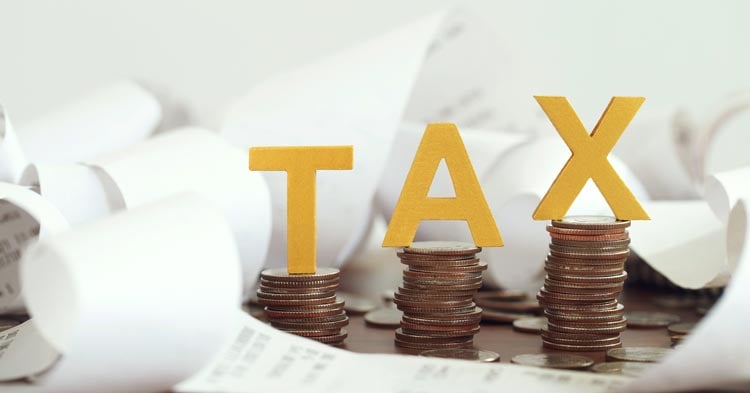
When you make a profit on the sale of an asset, like stock, real estate or investments, you might be subject to capital gains tax. The capital gains tax is based on the amount of profit. The tax is collected by the federal or state government. The taxpayer is responsible for reporting the gain on their tax return and paying any tax owed.
Capital Gains Tax
Capital gains tax is calculated by taking on the difference between the price you purchased an asset for and the sale price when you sell it. If you hold the asset for more than a year, it is considered a long-term capital gain, which is taxed at a lower rate than short-term capital gains. The tax rate varies depending on the individual's income and the type of asset being sold. In a real estate transaction, each party has different responsibilities when it comes to capital gains taxes.
The Seller
In most cases, the seller is responsible for reporting and paying capital gains tax on the sale of an asset. This means that if you sell stocks or other investments, you are responsible for calculating the amount of capital gains tax owed and reporting it to the government. If the sale of the asset results in a loss, you might be able to claim a tax deduction for the amount of the loss.
Real Estate Agents
If you sell a piece of real estate, your real estate agent may also be involved in collecting capital gains tax. Real estate agents are required to report the sale of real estate to the government, and they may be responsible for withholding a portion of the sale proceeds to cover any capital gains tax owed. This is known as the "Real Estate Withholding Tax."
The Buyer
In some cases, the buyer may be responsible for collecting and paying capital gains tax on behalf of the seller. This is known as "backup withholding." Backup withholding is typically required when the seller fails to provide their tax identification number or provides an incorrect number.
The Role of the Government
It is the government's responsibility to collect capital gains tax at the local and state levels. The Internal Revenue Service (IRS) is the government agency responsible for enforcing tax laws and collecting taxes owed. The IRS may audit individuals or businesses to ensure that they have accurately reported and paid their capital gains tax.
The Bottom Line
Capital gains tax is collected by the government, but the seller is typically responsible for reporting and paying the tax if they sell an asset. Real estate agents may also be involved in collecting capital gains tax on the sale of real estate. In some cases, the buyer may collect and pay the tax on behalf of the seller. Regardless of who is responsible for collecting and paying capital gains tax, it is important to accurately report and pay the tax owed to avoid penalties and interest.
This material is for general information and educational purposes only. Information is based on data gathered from what we believe are reliable sources. It is not guaranteed as to accuracy, does not purport to be complete and is not intended to be used as a primary basis for investment decisions. It should also not be construed as advice meeting the particular investment needs of any investor.
Realized does not provide tax or legal advice. This material is not a substitute for seeking the advice of a qualified professional for your individual situation.


